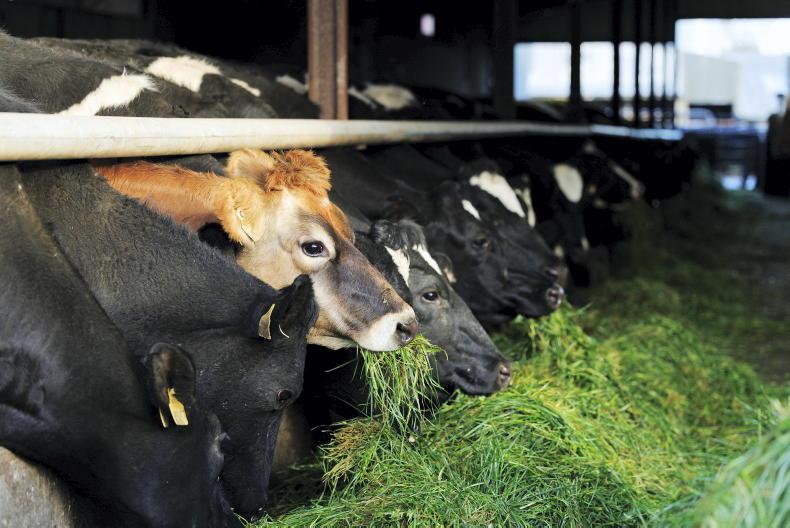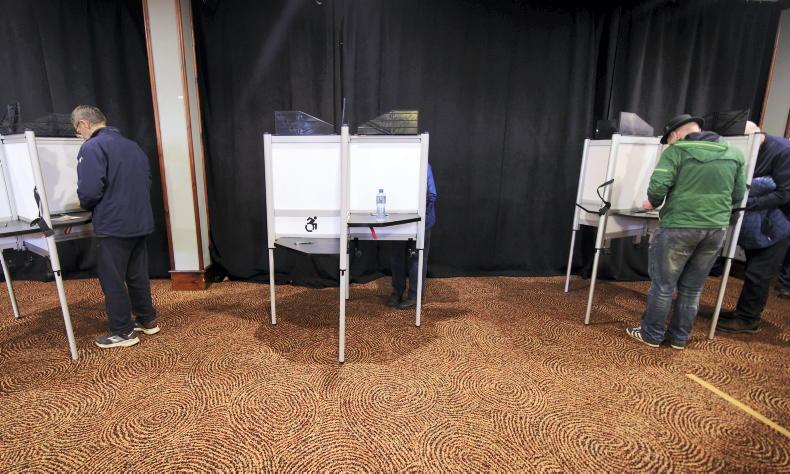A ruling on An Taisce’s appeal against the granting of planning permission for Glanbia’s proposed new cheese plant in Belview is not expected for some time.
A two-day hearing in front of five judges in the Supreme Court ended on Thursday, having heard arguments from legal representatives for An Taisce and An Bord Pleanála, the Minister for Communications, Climate Action and the Environment, Ireland, and the Attorney General. Kilkenny Cheese, a subsidiary company of Glanbia, is a notice party to the proceedings.
The argument centred on whether expansion of dairy herds and the possible environmental impact of those herds supplying the new €140m cheese plant should have been included in the impact assessments when coming to the decision to grant planning permission.
An Taisce, through its senior counsel Neil Steen, argued that An Bord Pleanála should have included in its assessment of the proposed development the effect of the 4,500 dairy farms that will supply the plant.
Mr Steen said that the indirect effects of the development, identified by the planning authority, should be assessed.
“If the experts identify an indirect effect from this project, it should be assessed, even if that means saying ‘we find great difficulty in assessing what those environmental impacts might be’,” he said.
Dairy expansion
In relation to whether the new plant would lead to an increase in milk output from dairy herds, senior counsel Rory Mulcahy, acting for developer Kilkenny Cheese Limited, told the court that the milk for the Belview plant would come from within a predicted 9.8bn litres of extra milk expected to be produced by farmers, and represented only a fraction of the forecast increased output.
Mr Mulcahy argued that the farms were not intended to be included in the environmental assessment because they are independent of the Belview project.
Attorney General Paul Gallagher referred to changing environmental awareness in recent years, Ireland’s national carbon emissions targets, climate legislation and sectoral budgets.
He told the court that the assessments as to how Ireland would achieve its target “involved all sorts of complicated political and scientific issues that are best determined at a policy level, at a Government level, because there are trade-offs.”
Policy matters
He added that the critical word in the Environmental Impact Assessment (EIA) and the Habitats Directive was the word “project”, which he said hinted to a limiting factor as to what otherwise might be regarded as very broad requirement.
“If individual applications determined larger macro policy matters on climate and on agriculture, that would be problematic,” the Attorney General said.
Chief Justice Donal O’Donnell reserved judgement on the case.










SHARING OPTIONS